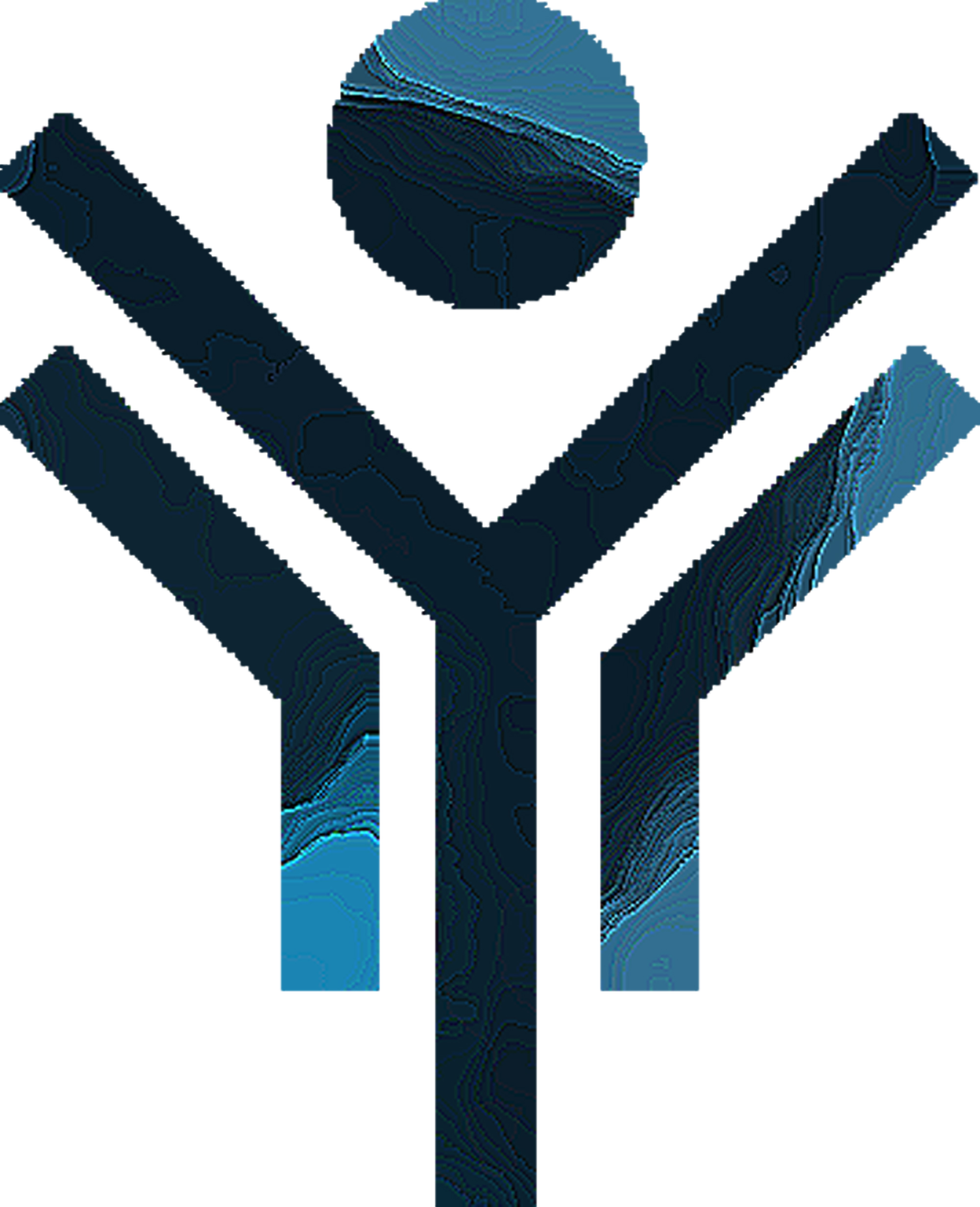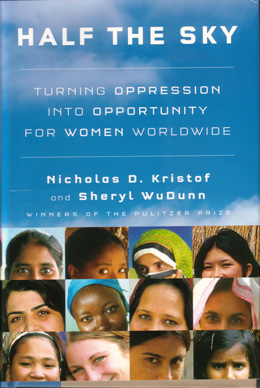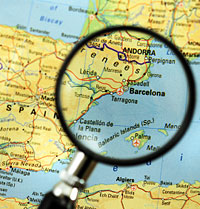
by Justice | Aug 10, 2013 | human trafficking solutions, human trafficking statistics
People Trafficking Bust Exposes A Spain Trafficking Corridor Police report that dozens of suspected human traffickers are being held in Spain and France, suspected of smuggling Chinese migrants into Europe and United States. This is the second major human trafficking...
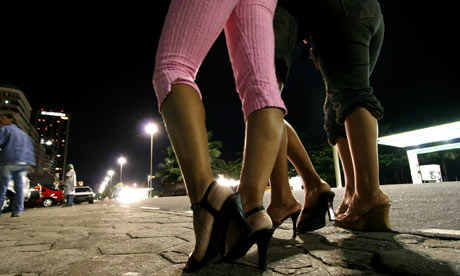
by Justice | May 3, 2013 | human trafficking prevention, human trafficking solutions, human trafficking statistics
“Our girls are being trafficked as we speak,” exclaimed a concerned citizen of Armenia working with an international NGO (one of the anti human trafficking organizations in Georgia) in Tbilisi. After 3 days of teaching in Georgia’s capital,...
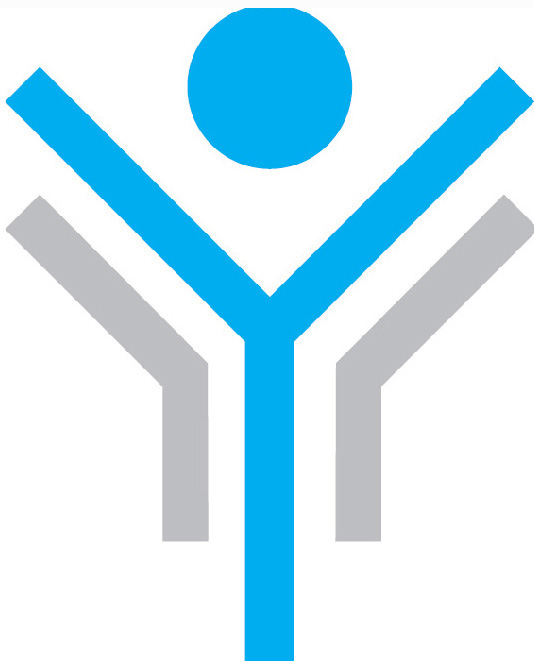
by Justice | Apr 23, 2013 | championing hope, human trafficking prevention, human trafficking solutions, human trafficking statistics
Human Trafficking Prevention Campaign Getting It Done In The Schools of Moldova Moldova is the poorest country in Europe today. The challenges of the economy have helped to breed all sorts of crime and illegal activity. One of the most horrific crimes of all is the...
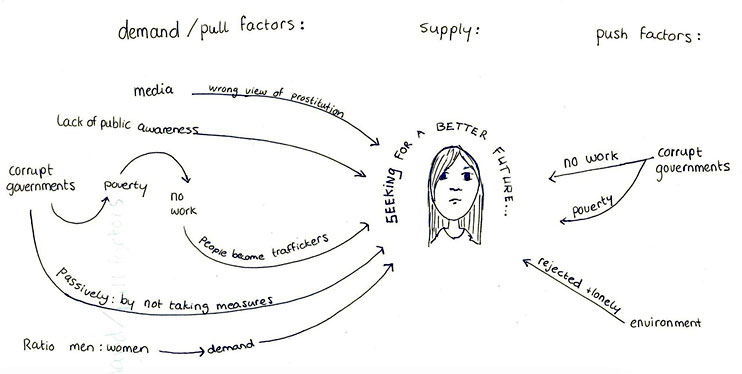
by Justice | Mar 19, 2013 | human trafficking prevention, human trafficking solutions, human trafficking statistics
Sex Trafficking Examined There is no problem as daunting as the sex trafficking epidemic. Now the second most lucrative organized crime in the world (only drugs is greater), human trafficking takes its greatest toll on “at risk” young people who bear that...
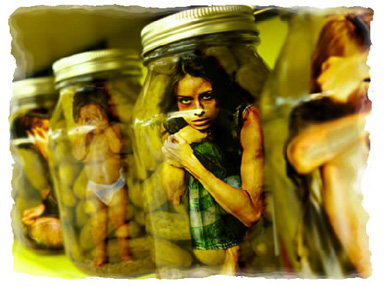
by Justice | Feb 13, 2013 | Featured, human trafficking solutions, human trafficking statistics, Uncategorized
According to new United Nations report, human trafficking has expanded to 136 nationalities and 118 countries globally. Roughly 60% of all human trafficking is for sexual exploitation. Human trafficking for forced labor now comprises 38% of all trafficking,...






